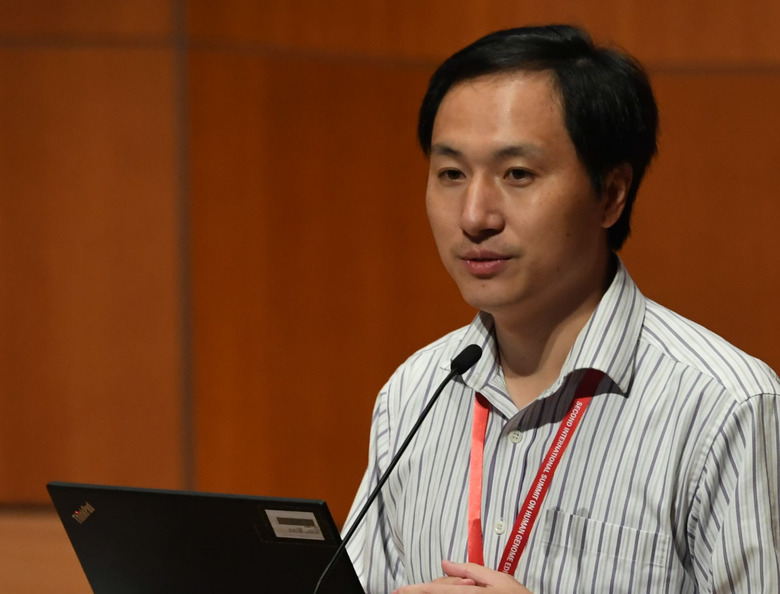Chinese Scientist Who Genetically Edited Babies Will Spend 3 Years In Prison
One of the craziest stories to come out of 2018 was the saga of a Chinese scientist named He Jiankui. The genetics researcher took it upon himself to use the CRISPR gene-editing technique to modify human embryos and then have those embryos carried to term by their mothers. This resulted in what are believed to be the first genetically modified babies ever born.
The work sparked immediate criticism from He's peers and the scientific community at large. Scientists around the globe condemned He's work and the Chinese government kept him under strict house arrest while it decided how to proceed. Now, over a year after the experiments were made public, He has received a prison sentence of three years.
Three years in prison might sound like a big deal — and, to be fair, it's a significant sentence, especially in the realm of science — but it's a far cry from the punishment some feared He might face. Earlier this year, some of He's colleagues even thought he might face a death penalty for moving forward with his own human gene editing ambitions.
Many considered He's experiments to be extremely risky, immoral, and potentially even criminal in nature. CRISPR technology has existed for a while, but the vast majority of scientists have stood by the idea that manipulating the genes of a human baby is far too dangerous. He Jiankui and his small team pushed back against that idea and claimed their work was designed to give the babies an immunity to HIV infection.
Investigations into the work over the past year have revealed that He and his team really had little chance of succeeding and that while the babies were born healthy, it's still unclear what changes they may face later in life due to their now-modified genes.
We surely haven't heard the end of this strange saga, and observations of the gene-edited babies will surely continue well into the future.
